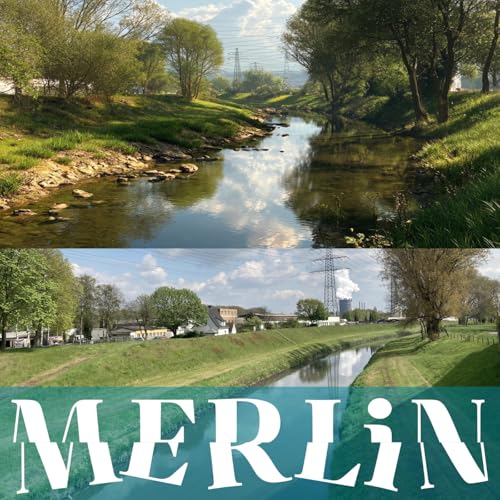
How nature-based solutions can support people and nature in freshwater restoration
カートのアイテムが多すぎます
カートに追加できませんでした。
ウィッシュリストに追加できませんでした。
ほしい物リストの削除に失敗しました。
ポッドキャストのフォローに失敗しました
ポッドキャストのフォロー解除に失敗しました
-
ナレーター:
-
著者:
このコンテンツについて
Harnessing the potential of natural processes in freshwater restoration can create significant ecological, social and economic benefits, according to a major new report.
Researchers from the MERLIN project analysed restoration monitoring data from eighteen rivers, streams and wetlands across Europe to assess the impacts of so-called ‘nature-based solutions’ on the environment and society. Such approaches aim to help amplify natural processes to benefit both people and nature. For example, a healthy wetland can help filter water pollution and buffer floodwaters, whilst planting so-called ‘riparian zones’ of trees and other vegetation along river banks can help provide valuable biodiversity habitat, keep water bodies cool, and lock up carbon to help mitigate climate change.
The new report explores the impacts of a diverse range of European freshwater restoration strategies using nature-based solutions. These include peatland rewetting, beaver reintroduction, floodplain restoration and reconnection across a variety of landscapes. The results show that such restoration approaches can generate significant benefits for nature and society. In particular, many of the impacts support the goals of the European Green Deal, which aims to support climate neutrality, sustainable economies and healthy, diverse ecosystems across the continent.
In this podcast, we hear from two MERLIN researchers behind the new report: Laura Pott from the University of Duisburg-Essen, and Axel Schwerk from the Warsaw University of Life Sciences. Laura and Axel cover a range of topics including how to monitor the impacts of nature-based solutions in complex landscapes across Europe, the importance of engaging stakeholder groups around an ecosystem, and the value of Theory of Change approaches in helping map how a restored landscape might develop over time.


